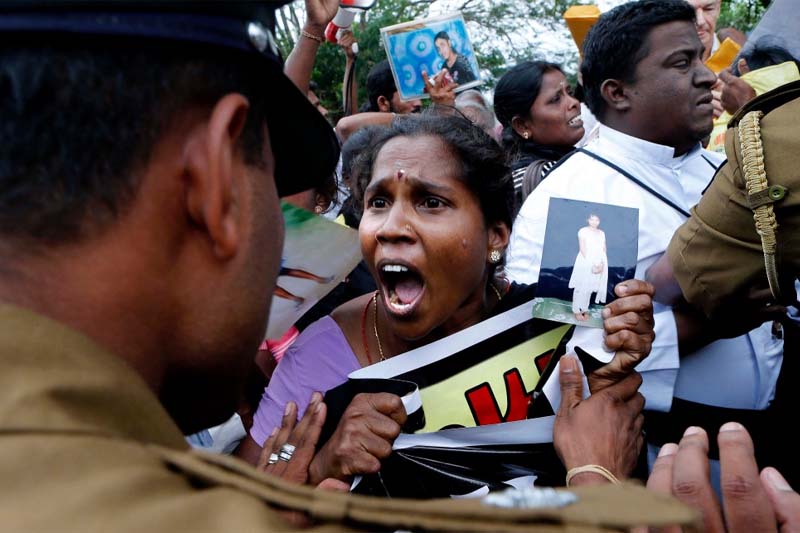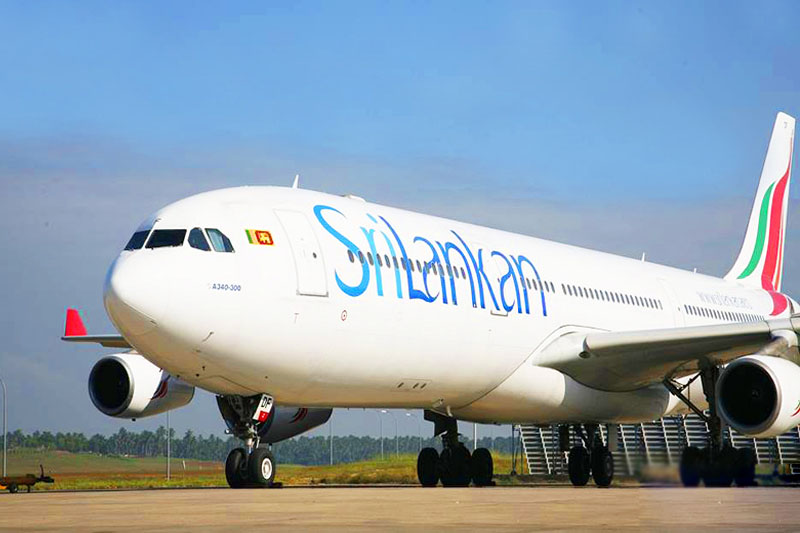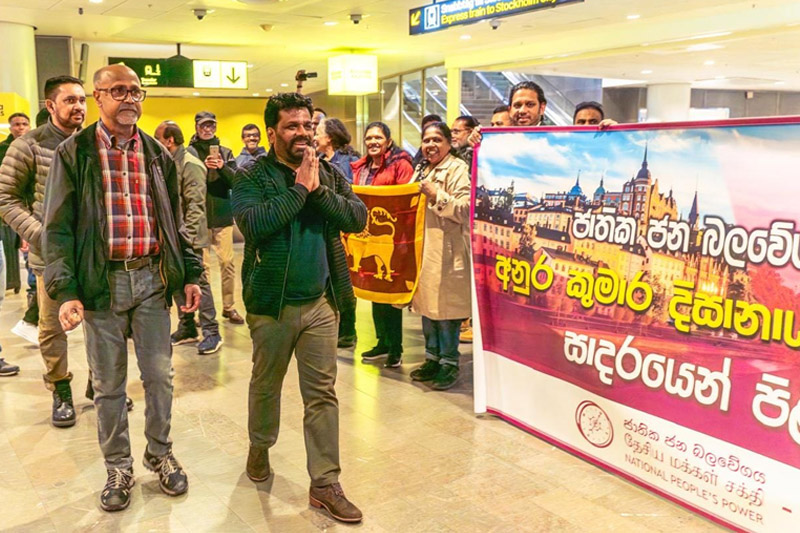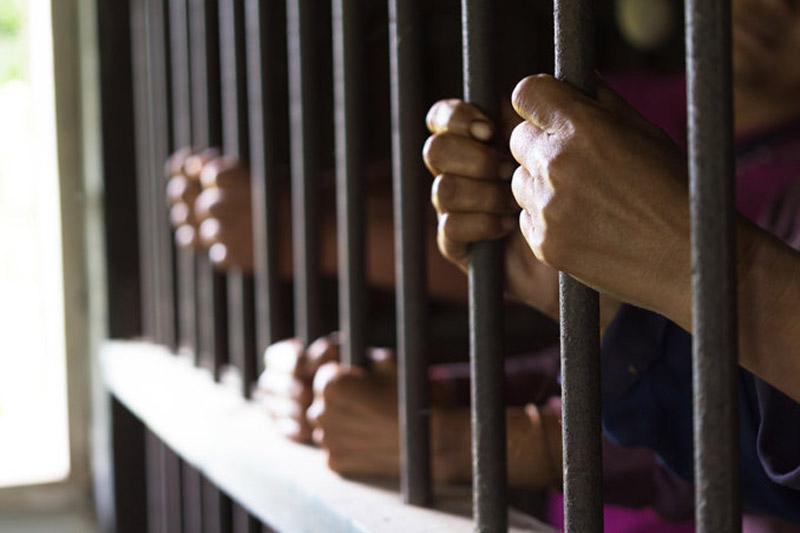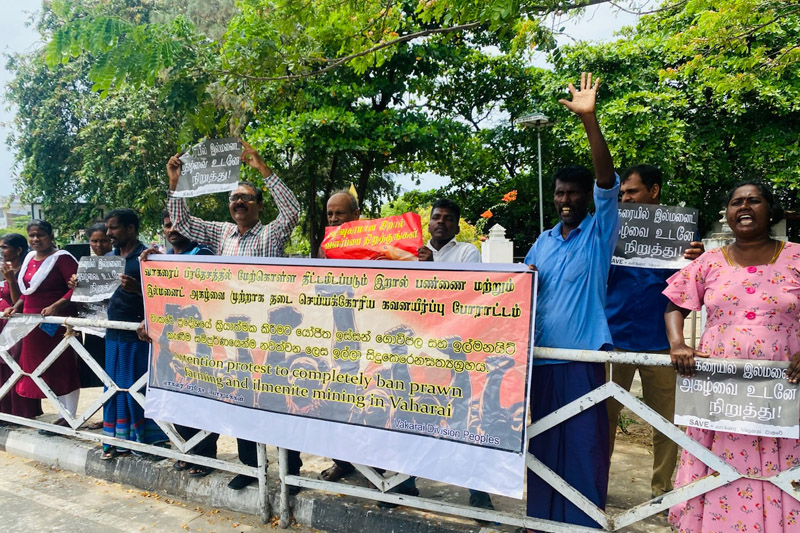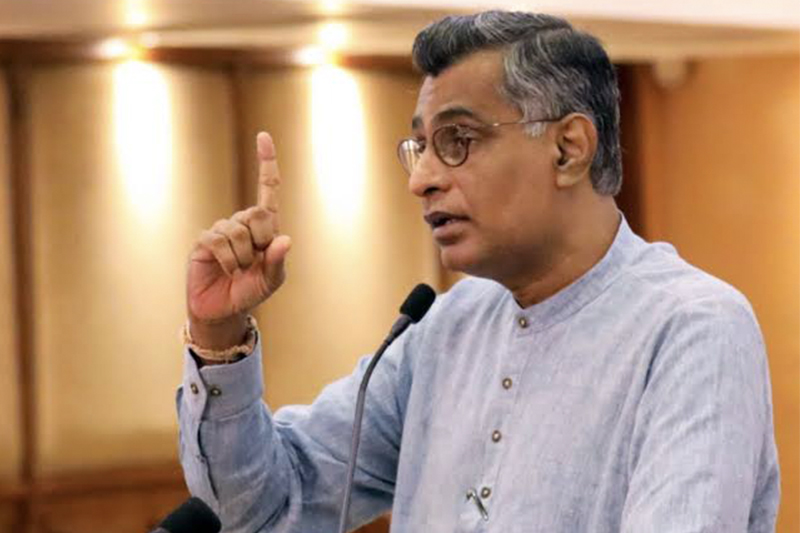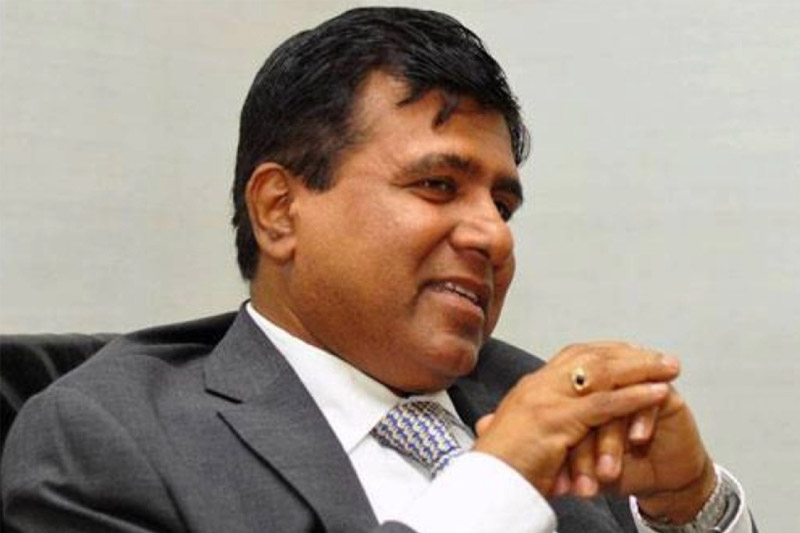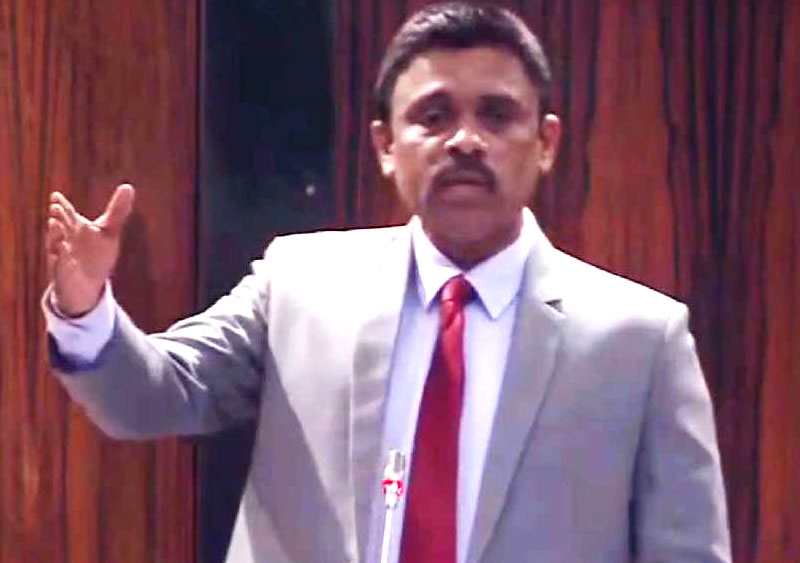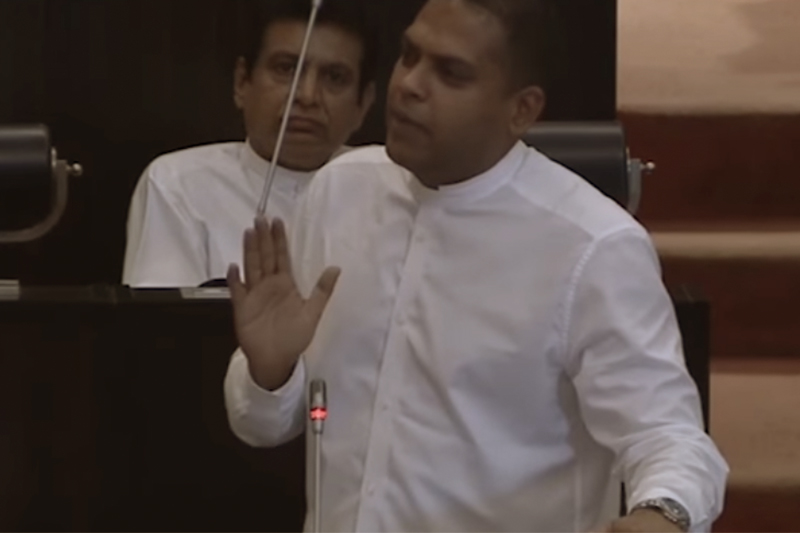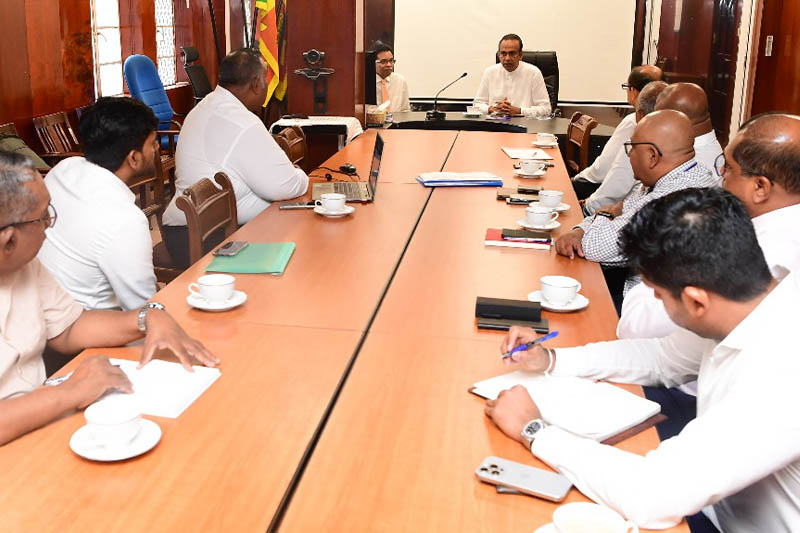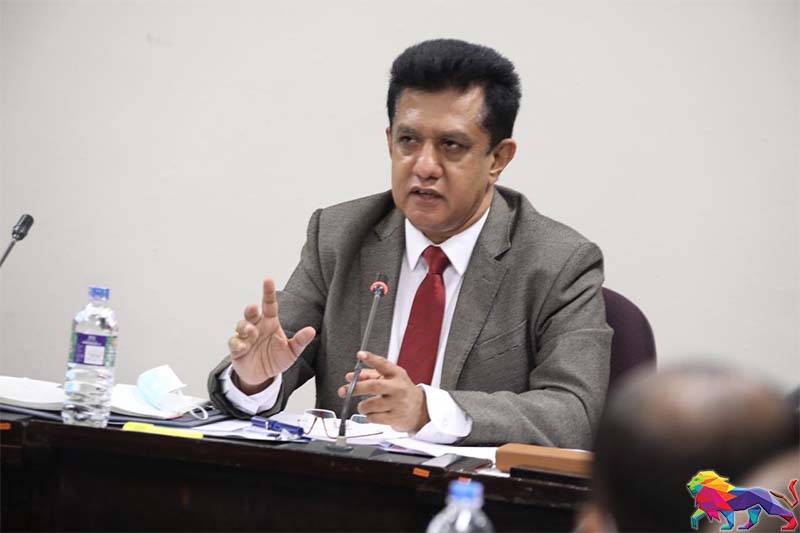The British government is highly unlikely to take any hard-hitting measures against Sri Lanka over gross human rights violations including war crimes and ongoing violations despite cross party calls for tough action.
In a parliamentary debate on Tamils and Human Rights in Sri Lanka this week, the UK government refused to be drawn on targeted sanctions as a way of dealing with severe human rights abusers.
"Will the government now explore the Magnitsky clause sanctions against known human rights abusers in Sri Lanka?” Labour MP John McDonnell asked Foreign, Commonwealth and Development Office (FCDO) Under-Secretary of State for Europe Leo Docherty. The FCDO was formally the ‘Foreign Office’ and aims to represent and promote British interests globally.
The minister brushed it aside saying, ‘it would not be appropriate for me to comment on sanctions from the Despatch Box’.
"We will continue to urge the Sri Lankan Government to adhere to their human rights obligations and fulfil their commitments on transitional justice and legislative reform,” he declared.
Ruling party MP Eliot Colburn in rebuttal asked if the minister could communicate the strength of feeling regarding sanctions back to the FCDO since “We have been asking for this for many years now”.
Docherty responded saying, “I know that the Minister of State for the Indo-Pacific will hear that plea in due course and give it her consideration,” apparently avoiding the substance of the question. The Magnitsky Sanctions are a way of freezing the assets of human rights abusers and banning them from entry into the country.
The debate was convened by Martyn Day, Member of Parliament. The Scottish National Party (SNP) member opened up the debate by saying that Sri Lanka was a ‘story that has a long and tragic history’ giving special note to the Black July pogroms of 1983 that killed at least 3,000 Tamils. ‘Generations of oppression have been suffered by the Tamil people’ Martin Day said adding ‘I hope that he will consider officially recognising the atrocities that have been committed as genocide.’
Several MPs echoed the call for the UK government to recognise the Sri Lankan government’s crimes against Tamils as a Genocide.
Labour Party MP Siobhan McDonagh spoke of 2009, the end of the war, “of people lying on the beach unable to be removed by members of their family or community because the democratically elected government of Sri Lanka was dropping cluster bombs on them.”
Former Army Commanders Shavendra Silva and Jagath Jayasuriya who led war crimes accused battalions in the final stages of war were rebuked as being monsters.
"For the healing process to begin for the Tamil people, monsters like Shavendra Silva must face justice and be removed from the positions of power where they can continue to abuse the Tamil people” said Sam Tarry, Labour MP. He noted that the Sri Lankan military was ‘double the size of the UK’s military’. ”75 percent of that though are deployed in the traditional Tamil homelands, this of course perpetuates a climate of intimidation, human rights abuses and brutalizes the nascent Tamil economy,” stated Sam Tarry.
Also speaking on ongoing violations, Sam Tarry referred to 27 November ‘Maaveerar Naal’ commemorations saying, ‘11 Tamils, including a young schoolboy, were arrested by Sri Lankan authorities, after those authorities stormed the remembrance events.”
The Prevention of Terrorism Act (PTA) has been used for decades to suppress dissent, especially from non-majority communities, and has resulted in torture, arbitrary detention, death and disappearances. This was highlighted when John McDonnell said “the recent death in custody of a young man called Nagarasa Alex is another example of the result of the use of detention in this way. We know of claims that torture has taken place in some instances.”
Jeremy Corbyn, independent MP, noted how international opposition to the PTA had been rejected by Sri Lanka for decades.
‘‘I went to Sri Lanka on a delegation in 1984, when I raised with the then President Jayewardene the issue of the human rights system, the abuse of human rights and the use of the Prevention of Terrorism Act. I have met many Sri Lankan families who have people missing from that period on. Unless they get closure and an understanding of what has happened to them, the horror for individual families will just go on and on.’’
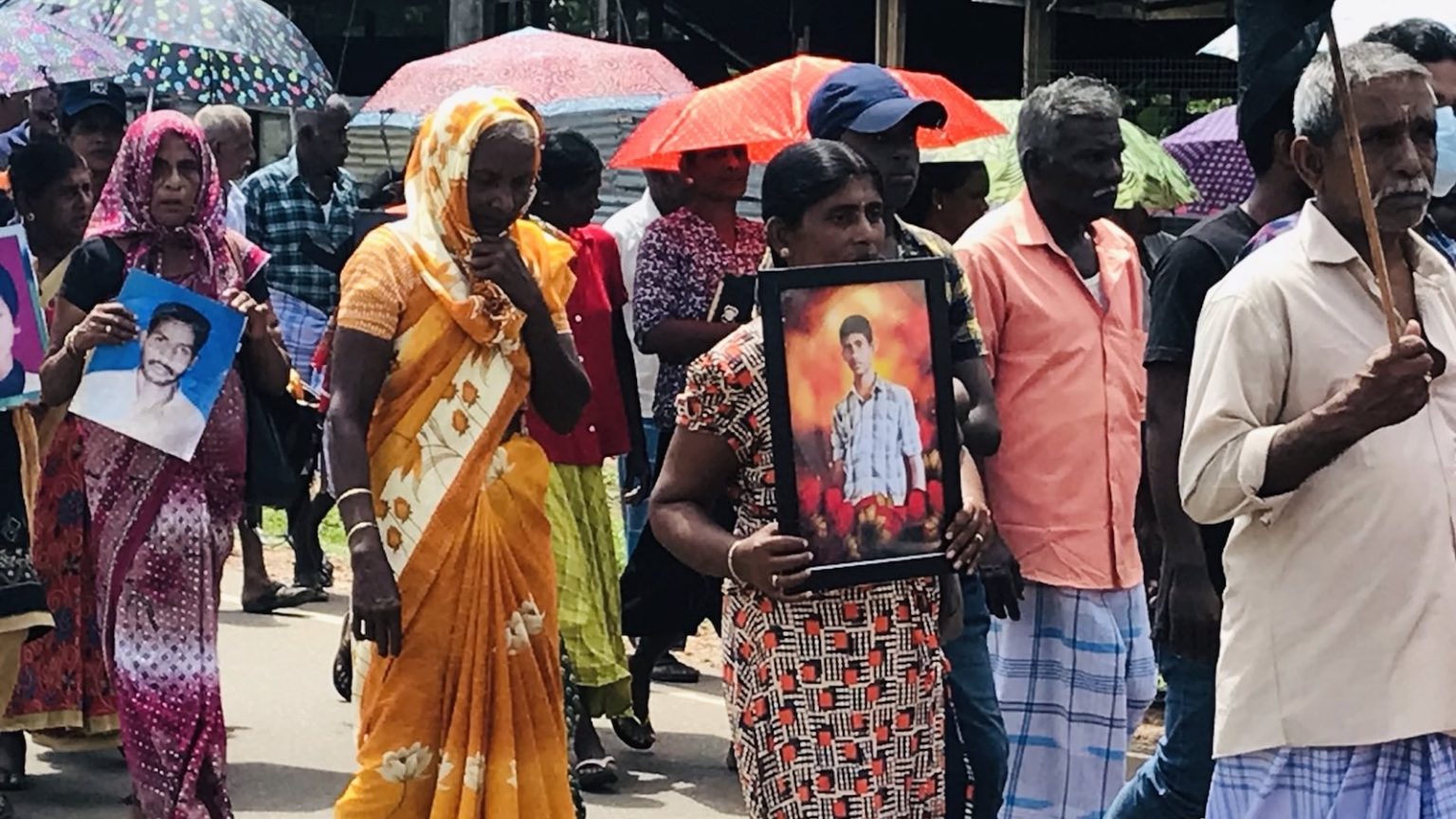
Photo: Jegan Ganeshan
Relatives of the forcibly disappeared have been on the streets for nearly 2500 days demanding international intervention to find the truth of their loved ones handed over to the military at the end of the war.
MPs in the debate revealed that the Sri Lanka High Commission in London had provided a briefing on steps taken during the past 15 years to trace the disappeared.
“Sixteen people have been traced alive, and three are dead—that is 19 people of the 18,000 he mentioned. All these years later, we have to find just the 17,981 who are still missing,” said Anne McLaughlin MP.
Democratic Unionist Party MP Jim Shannon stated ‘‘The amendments to the Prevention of Terrorism Act have done little to improve the human rights situation for the Tamils and other affected parties’’, The arguments used against the PTA across the board show that is univocally condemned, with Leo Docherty acknowledging, ‘it continues to be used—indeed, it was used as recently as last week”.
International bodies including the UN had repeatedly requested Sri Lanka to abolish the PTA and replace it with a law that meets international human rights standards. A new counter-terrorism bill aimed at replacing the PTA is currently under consideration in the Sri Lankan Parliament. However, UK parliamentarians were sceptical of the outcome.
“Although it may now be repealed, there are fears that its proposed replacement, the Anti-Terrorism Bill, may be worse, and that the Government’s attitude towards human rights activists has not altered at all,” said Martyn Day.
In 2021 the UN established the Sri Lanka accountability project (SLAP) to “to collect, consolidate, analyse and preserve information and evidence and to develop possible strategies for future accountability processes”.
“The UN panel of experts has expressed their desire to see credible evidence of the war crimes. And to see that justice is served,’’ said Shadow Foreign Secretary Catherine West.
Tamil war victims have been relentlessly calling for international intervention for justice due to consecutive governments denying accountability. Their expectations seem yet to be a reality with the former colonial power resolute on relying on diplomatic engagement with Sri Lanka despite parliamentarians urging tangible action.
Siobhain McDonagh was visibly frustrated about the UK government’s hesitation.
“There is an attitude of always negotiating, always talking, always being calm—and doing nothing. Negotiating for what? Hundreds of thousands of people have still not been found and not one person has been prosecuted for committing a war crime; there are no more answers than there were before.”
Related News:
British MPs to debate Sri Lanka human rights record

